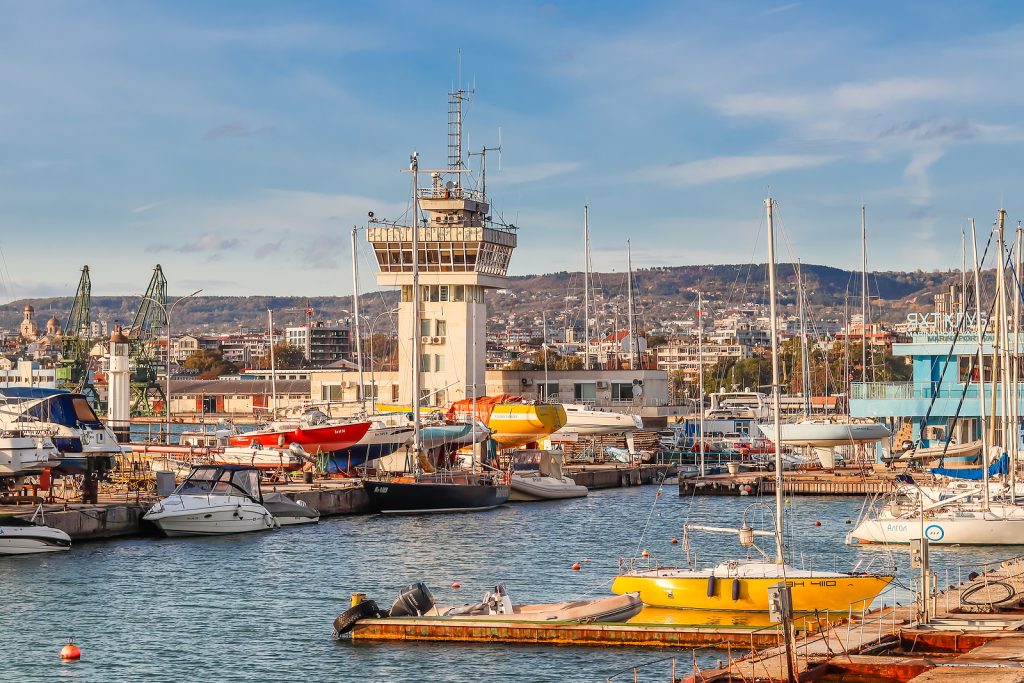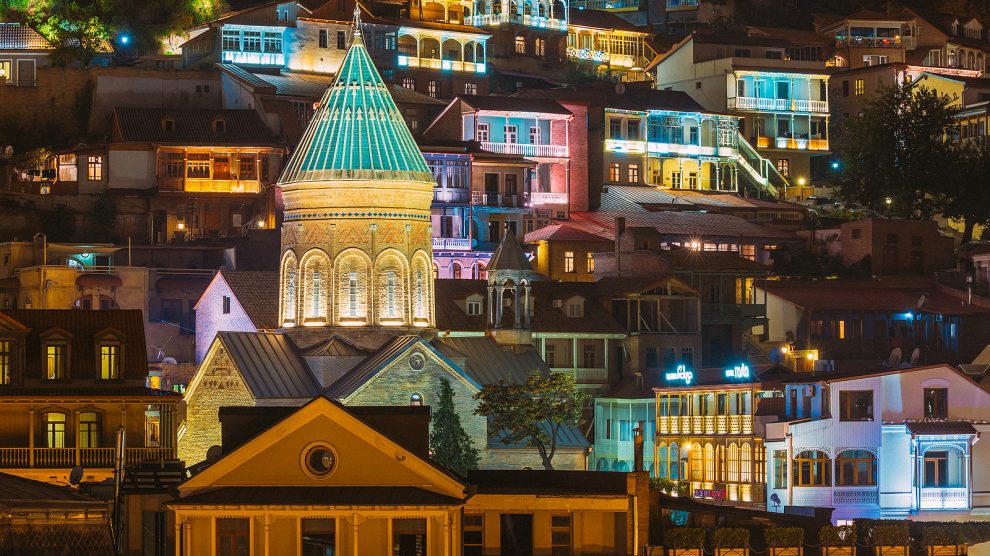The only way to truly discover what emerging Europe has to offer is to visit.
Over the last couple of weeks, I have spoken with several international foreign direct investment advisors and site selection experts. We discussed one specific location in the emerging Europe region and none of them knew anything about the place, but they were all curious to learn more.
- Exploring the Silk Road: Five essential reads
- Increasingly, the Western Balkans are ready for the EU. But is the EU ready for the Western Balkans?
- Why Budapest is (probably) Central Europe’s greatest city
With all my travels, practically around the globe, but more importantly to all the emerging Europe countries and almost all countries in Europe, except Andorra and Iceland—I always avoid creating any preconceptions and keep an open mind.
Next week I will be in the Lithuanian seaside town of Klaipėda and soon after in Tashkent and Samarkand in Uzbekistan. I am really looking forward to exploring these new places and acquiring new experiences, trying new foods and meeting new people. The latter two always play a crucial role in how I remember a place.
Generous hospitality
Kutaisi in Georgia, to which I have been to only once, always reminds me of a hospitable lady on a bus. Five or six years ago, I was travelling from Tbilisi to Kutaisi by bus, to catch a low-cost flight. I was listening to an audiobook when we stopped at a petrol station for a short break. There were three or four people travelling and they all left the bus. I stayed.
A few minutes later a woman starts talking to me. I took off my headphones and she told me that she brought me a pastry because I must be hungry. I said ‘madloba’ and tried to explain to her I wasn’t really hungry, but she refused to take no for an answer. I eventually gave in and tried the pastry.
Iulia Dragut is responsible for my most vivid memory from Bucharest. It was 2015, and it wasn’t even my first trip to Romania’s capital when—in search for a nice place for dinner—we ended up finding her restaurant, which was located next to what is now known as the Grand Hotel Bucharest.
We placed an order for starters and a waiter brought a plate of food to share. It looked excellent and smelled even better, so asked him what we were eating. As he couldn’t explain that in English, he asked the owner to share some insight with us. A couple of minutes later, Iulia arrived and gave us a detailed overview of the Romanian culinary traditions and their provenience. We ended up coming back to her restaurant the next day to taste some other dishes on the menu.
In the early 2010s, we undertook what we refer to as the Great Balkan Trip, driving all the way from Ljubljana in Slovenia to Shkodër in Albania. The entire experience was amazing, but it was in Split in Croatia that we stayed in a guesthouse run by an elderly couple.
When travelling I have been invited to a home cooked dinner in different parts of the world quite a few times, enjoying a family meal experience in Greece, China, the US, Brazil, Ukraine. In this case, the mixture of delicious food, rakija, spiced up with a chat in English, Russian, Croatian and Polish, made me treasure the experience.
Small talk matters
Several years ago, I was in Tbilisi and was thinking to take an early morning bus to Kakheti, Georgia’s wine region with over four million square miles of vineyards. At the time, I had never been to Armenia. When we were waiting for the bus to Kakheti, a bus to Yerevan arrived. It was cold and so we didn’t think for too long, and within a few hours we arrived in Yerevan.
We had lunch in a fantastic restaurant not far away from the Marriott Hotel. The waitress, curious about where we came from, chatted with us for quite some time and later recommended a guesthouse nearby, as we had nothing booked for the stay.
Another long conversation happened there. With the owner. Again, using a bit of English and my non-existent Russian, she and I talked about music and pop stars from the 1970s and 1980s that originated from the Communist Bloc and were popular across the former Warsaw Pact countries.
I first met the current Mayor of Lviv, Andriy Sadovyi, at MIPIM in Cannes almost a decade ago. I had not been to this beautiful and largest city in western Ukraine. He talked about that special ambience that his city is characterised by, but I thought, well, he’s a mayor and every mayor would say their city is special.
I changed my mind when I went there for the first time, and kept coming back. During that first trip, I had a meeting with Sadoviy, by now Lviv’s Mayor for almost two decades. He took me to the terrace and said he had hosted presidents, business leaders, mayors, cardinals there, and showed me the Rynok (market square) from his perspective, and pointed to some of his favourite places for food and coffee.

The port at Varna, Bulgaria
No spoilers
But such chats, despite remaining memorable, might not always be positive. Four or five years ago, I was in the Bulgarian seaside city of Varna. During a networking reception, I chatted with a few foreign guests, from the US and Ireland, and we were later joined by a young gentleman who introduced himself as a professor of marketing at one of Bulgaria’s universities.
Within just a few minutes he hijacked the conversation and started complaining about how bad his country is. One by one the interlocutors started dropping out and we were all stunned by his negativity.
All I know is that the emerging Europe region is a fascinating place. Individual encounters can only make the places even more special, but they cannot spoil them, no matter how hard they try.
And about Varna and Bulgaria—I really cannot wait to go back there next month.
Unlike many news and information platforms, Emerging Europe is free to read, and always will be. There is no paywall here. We are independent, not affiliated with nor representing any political party or business organisation. We want the very best for emerging Europe, nothing more, nothing less. Your support will help us continue to spread the word about this amazing region.
You can contribute here. Thank you.







Add Comment